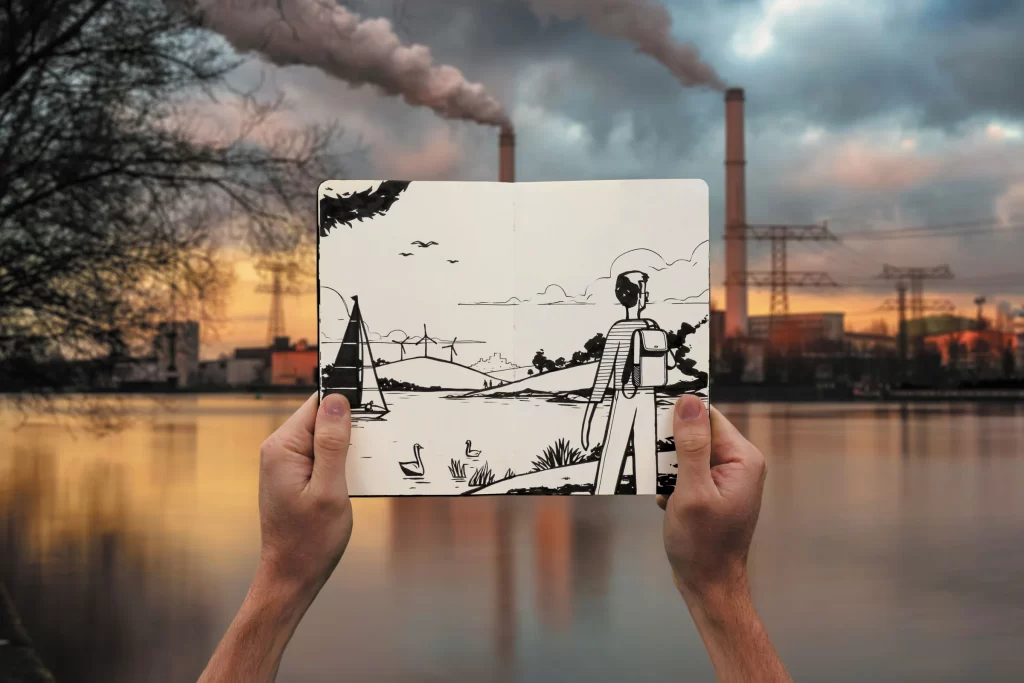Scientists from the University of California, Berkeley have developed a novel strategy to address the climate catastrophe by levying a tiny gasoline surcharge. Their concept, which was published in the Proceedings of the National Academy of Sciences, provides a novel way for agro-sequestration, a process in which harvested vegetation is buried in salt-sealed bioengineered landfills after crops naturally absorb extra carbon from the atmosphere.
Lead author of the study, UC Berkeley professor Eli Yablonovitch, PhD, stated, “We believe that proper engineering can solve 100% of the climate crisis, at a manageable cost.” The researchers estimate that implementing this approach would only cost 53 cents per gallon of fuel, making it cost-effective.

What sets this idea apart is the use of salts to keep the bioengineered landfills dry and prevent biomass decomposition, which could release carbon dioxide and methane. This could potentially enable carbon-negative sequestration, meaning it removes more carbon from the atmosphere than it emits.
The study suggests that each metric ton of dry biomass could securely dispose of about two tons of CO2, which would be environmentally beneficial. Moreover, the method is scalable and has the potential to remove atmospheric CO2 that is already present, sequestering a significant portion of global CO2 emissions due to the vast amount of available land for non-food biomass sources.
However, there are challenges that need to be addressed. Managing large-scale moisture barriers to prevent the biolandfills from rotting, especially during extended rainy periods, could be complex. Sourcing ample amounts of salt for drying the biolandfills may also pose logistical challenges. The researchers stress that their suggestion shouldn’t be viewed as a stand-alone solution, but rather as a component of a bigger strategy that also incorporates ongoing decarbonization initiatives, such as renewable energy systems like solar and wind, and rethinking energy storage.

Although the strategy proposed by the UC Berkeley researchers shows promise, more research and real-world application are required to assess its practicality and potential impact on climate change mitigation. However, it provides as an illustration of the innovative and varied strategies that researchers are investigating to deal with the pressing issue of climate change. It is possible to find workable solutions to stop climate change and guarantee a sustainable future for future generations through ongoing research, innovation, and international cooperation.


